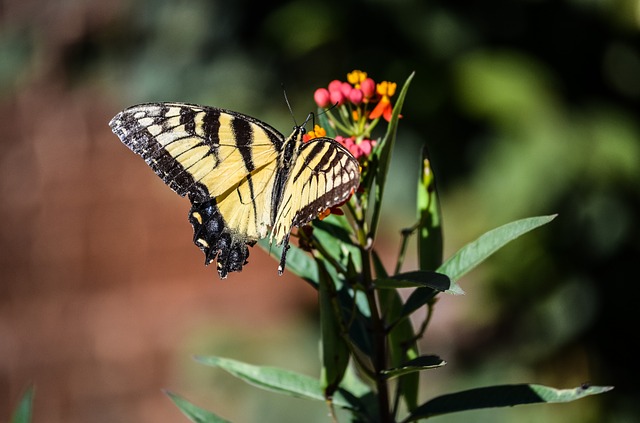In the previous post, I wrote about mindfulness at work and identified some ways to be mindful while working. Here, I want to take this further by suggesting some other strategies, again using the article by Shamash Alidina for my inspiration:
1.Slow down
In slowing down, we can become more aware of our inner thoughts and outer environment. If you find yourself rushing from place to place, you can slow down and engage in some form of mindful walking. Often we are rushing, not because of a deadline, but because this haste behaviour has become habituated. You can pull yourself up in the act of rushing around and just take a few steps at a slower pace. You might ask yourself, “Why am I in such a hurry?” This mindful practice can start with your behaviour when getting to work, so that when at work you are already conscious of your hurrying behaviour and more able to “slow down to speed up”.
2.Treat stress as your friend
This approach seems counter-intuitive. Most of what you read about stress is how harmful it is to your health. Yet there is an optimum amount of stress that improves your health, energy and productivity. Without sufficient challenge we suffer boredom and malaise; too much stress leads to “frazzle”. Kelly McGonigal, in her TED talk, encourages you to “make stress your friend”. Research shows that how you perceive stress can, in fact, influence the way stress impacts you. If you have a positive perception of stress – you see your pounding heart as energising you and getting more oxygen to your brain – you are able progressively to reduce your physical response to stress and to increase your capacity to manage it. So, in a lot of ways, it is “all in your head”. Being mindful, you can get in touch with what is going on in your body, and instead of panicking, you can view this bodily response as “readiness for action”.
3.Develop a gratitude bias
We hear about the negativity bias of our brains, but it is possible to develop a “positivity bias”. Kabat-Zinn suggests that you become what you pay attention to, e.g. you can become grateful, compassionate or empathetic by focusing on these aspects through mindfulness meditation. Being mindful of what you have and expressing gratitude for these things “has a positive impact on your creativity, health, working relationships, and quality of work”. Instead of focusing on the aspects of your job that you do not like, you could look at what you do have that you appreciate – expressing gratitude for the fact that you have a job, that you can make a difference, have a supportive boss, have colleagues who are collaborative or have highpoints in your day when you realise that you are doing something meaningful. You can substitute a positivity bias for a negativity bias, by frequent and regular recall of what you appreciate in your work.
Your thoughts play a large role in how you experience the world and your associated mental health and mood. As you grow in mindfulness through the practice of being mindful at work, your thoughts become more positive and your brain becomes “more efficient, focused, effective at communicating with others, and better at learning new skills”.
By Ron Passfield – Copyright (Creative Commons license, Attribution–Non Commercial–No Derivatives)
Image source: courtesy of FirmBee on Pixabay
Disclosure: If you purchase a product through this site, I may earn a commission which will help to pay for the site, the associated Meetup group and the resources to support the blog.











